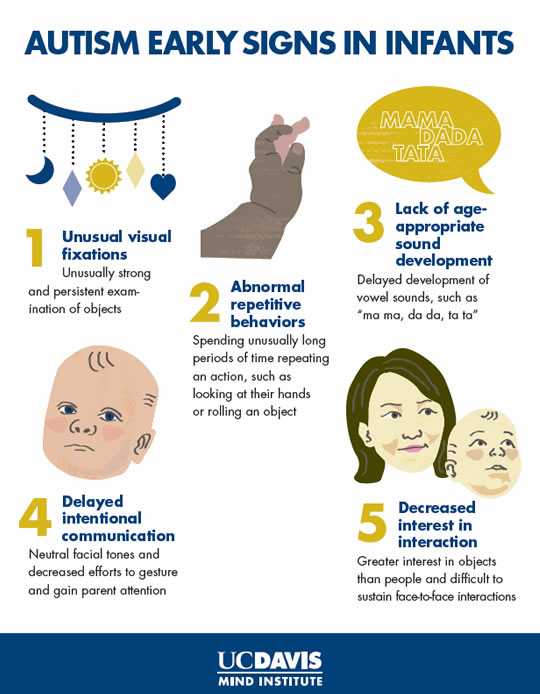


Increased sensitivity to touch, sound, or light.Repetitive behaviors, like rocking or hand-flapping.Self-harming behaviours, such as hitting or biting oneself.Difficulty processing verbal communication.In addition to these main here is a list of 25 signs that may indicate an autism meltdown: Transitions between activities or environments may also pose challenges and increase anxiety. Any unexpected changes or disruptions to their established routines can be distressing and trigger a meltdown. Individuals with autism often rely on routines and predictability. Limited communication skills or difficulty processing language can make it challenging for individuals with autism to effectively communicate their emotions or seek assistance when needed. Communication Challengesĭifficulty in expressing needs or understanding verbal instructions can contribute to frustration and anxiety, leading to an autism meltdown. They may cover their ears, close their eyes, or engage in repetitive behaviors to seek sensory regulation. Individuals with autism may become overwhelmed by loud noises, bright lights, crowded spaces, or strong smells. Sensory overload is a common trigger for autism meltdowns. Here are some common signs that an individual with autism may display during a meltdown: Sensory Overload Recognizing the signs of an impending autism meltdown is crucial for providing timely support. Some individuals may have meltdowns frequently, while others may have them infrequently or experience different types of emotional fluctuations. The triggers and intensity of meltdowns can vary from person to person.

It’s important to note that each individual with autism experiences meltdowns differently. These meltdowns may be triggered by various factors, including sensory overload, changes in routine or environment, anxiety, hunger, fatigue, or difficulty understanding and expressing emotions. Strategies for Supporting During a MeltdownĪn autism meltdown is a response to overwhelming situations that individuals with autism struggle to process, leading to a loss of emotional control.


 0 kommentar(er)
0 kommentar(er)
